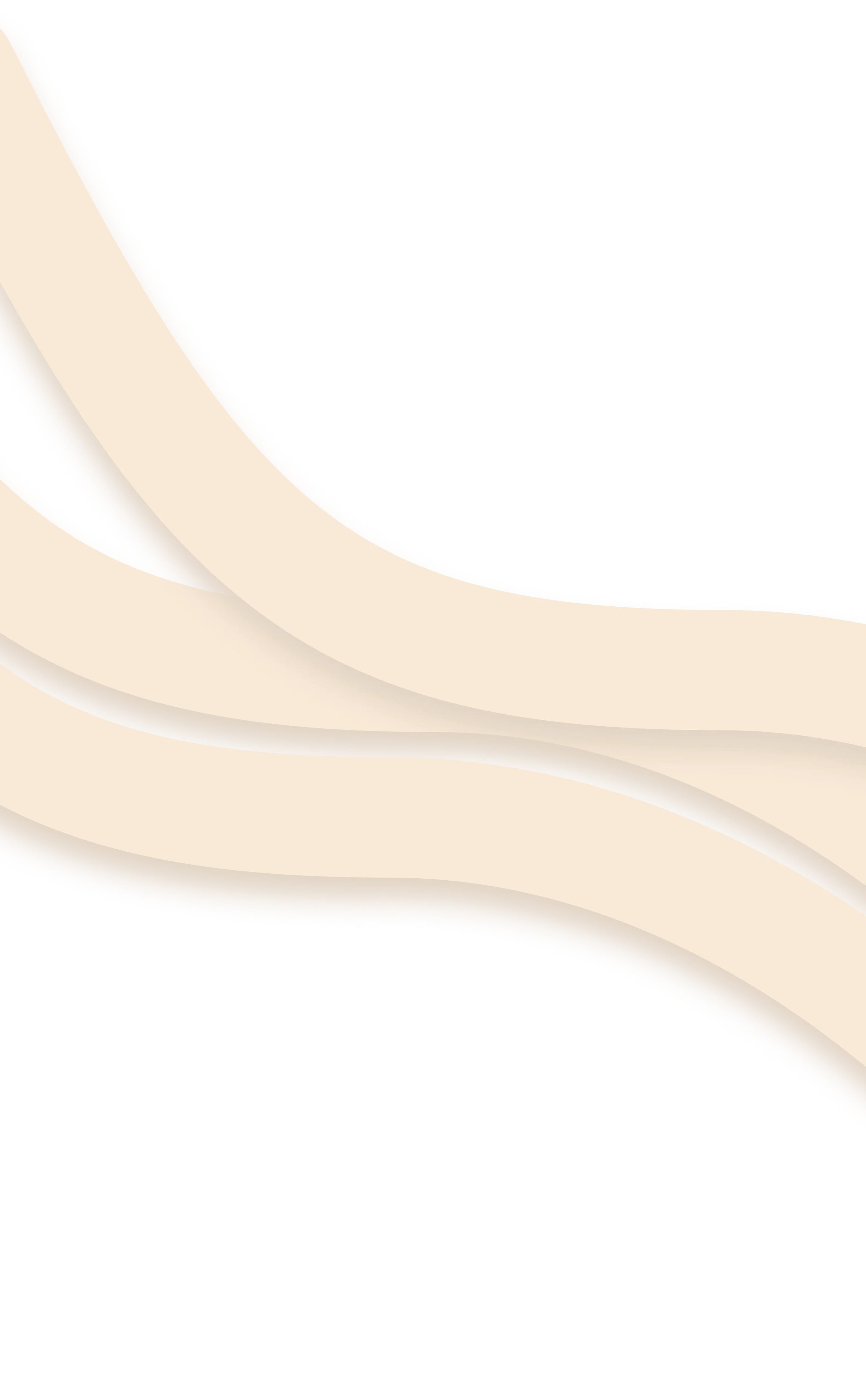My name is Dr. Adi Jaffe and I used to be addicted to meth. I had been using meth for five years. And the last three of those years I was a daily user — and when I say daily, I mean all day. I had a pipe in my glove compartment; I would smoke in the bathrooms of restaurants and classrooms; I flew with meth hidden in my suitcase. I always had meth on me. I was using about four or five hundred dollars worth of meth a day for three years straight. And to keep up with the need for money, I was selling drugs. My entire life had become engrossed in these chemicals that I had given so much power to.
And then I got arrested. The way that ended was a full-on SWAT team arrest in my bedroom in Brentwood, California at 8 o’clock on a Saturday morning. Guns to the head, screaming cops filling up my room, being dragged out to the car in handcuffs, and then carted off to jail. Everything you’ve seen on TV and in the movies. And I’m not going to lie and say that’s where my addiction ended. But it was this huge stop sign telling me, “you better start reconsidering what you’re doing—or else.” The road to recovery was long and it still took me about three years to get myself to anything even resembling a “normal” life. But what I learned in the process was that I had to create big enough changes in my own life so that I didn’t live the life of somebody who could be addicted to drugs anymore. So I didn’t live the life of somebody who relied on chemicals to make their life better.
I always tell those I work with: All you have to do to beat addiction forever is become someone who isn’t addicted. It sounds crazy to some but I’ve seen it work enough times to know it’s true.
My own journey took a while…
I spent a year in rehab, did a year in jail, and then got out and tried to rebuild my life. It was difficult. I tried to get a job for nearly a year, but couldn’t get hired because of my criminal history. I eventually went back to school, because it was the only option available to me and got my Ph.D. I ended up studying addiction and now I help other people break free from their own struggles. This story makes people feel good, but what a lot of people don’t realize is that it took over 10 years for that entire trajectory to happen. We lose track of the fact that we can be heroes 10 years from now because we feel so terrible about ourselves right now, and then we don’t take the steps to make ourselves those eventual heroes.
And that’s just unacceptable because you already are a hero. You just need to be reminded of that fact. If you’re currently in recovery and worried about relapsing, I’d like to share some tips on how to stay resilient.
How to Stay Resilient Throughout Recovery:
1. CHANGE YOUR PERSPECTIVE ON WHAT RECOVERY MEANS TO YOU
Do you want to be sober or do you want to wake up every day feeling fresh and in love with life? My guess is that you want the latter, yet you (and traditional treatment methods) are so focused on being sober, that it immediately sets folks up for relapse and shame. 40-50% of my clients end up choosing sobriety for themselves AFTER they do the hard inner work and realize that their old lifestyle doesn’t support the person they want to be in the future, but I don’t focus on abstinence before.
Why? Because abstinence forces you to focus on the LACK and what you have to give up (friend groups, habits, relationships). Adversely, focusing on increasing your quality of life allows you to get excited about all the things you GAIN in the process. That’s why I’m a firm believer that we need to rethink the way we measure recovery. Instead of just measuring one’s consecutive days abstinent, here are additional ways we could (and should) be measuring recovery: percentages of abstinence over a period of time, overall quality of life, and criminal justice involvement.
Changing your perspective on what you want out of recovery will help you feel empowered by your decision to take this journey and keep you motivated, even during the hard times.
2. GET THE SUPPORT YOU NEED
Finding support is essential during your recovery. So many people want to do this alone and, while it’s possible, not having support makes this whole journey more difficult. A lot of shame came up in a study that I completed when I was at UCLA on why people don’t enter treatment. They said they wanted to do it alone—and I get it because the shame is so overwhelming—but this work can be so hard without support. If you have a supportive friend group, partner, or family, consider yourself lucky, but even they might not be enough. The truth is, unless they’ve been through recovery or have struggled with addiction themselves, they’ll likely be unable to relate to your ups and downs (which can leave you feeling lonelier and more disconnected.) But don’t fret. There are PLENTY of niche groups out there (both virtual and in-person) that can offer support. At IGNTD, we offer some free support through our Facebook group and our weekly online chats. You can check out our LIVE Online Groups here, for free.
3. RELAPSE DOES NOT MEAN YOU ARE A FAILURE, IT MEANS YOU’VE BEEN TRYING
Indeed, the MOST successful people in the world had to get very comfortable with “failure” before they hit their peak. Thomas Watson, the founder of IBM, said that “if you want to increase your success, double your failure rate”. Now that’s a different way to think about failure. If your recovery method isn’t working, find one that does or add additional tools to your toolkit. There are LOTS of options out there if AA (Alcoholics Anonymous) doesn’t work, for example.
Sometimes abstinence-based recovery programs don’t work: research shows that most relapse occurs because of triggers, and not because of the actual drug. That means people, places, and things are more likely to drive someone to relapse. If you simply remove a substance without addressing the triggers that drive you to use, you’re not going to get very far. If you do relapse, don’t beat yourself up about it. Instead, search for an alternative recovery method.
4. YOU ARE YOUR OWN HERO ALREADY
The fact that you have made it this far and have come out on the other side of trauma or heartache already makes you a hero. You just haven’t quite made it to the place you want to get to. And you might not even think it’s possible right now, but trust me, with the right tools in place you can and WILL get there. Like a carpenter becomes an expert with a set of tools that let them turn wood into a house, the right recovery program will help you dig deep so you can understand how the challenges and tribulations you’ve experienced have contributed to your struggles with addiction. And then you’ll be able to create a strong foundation that will lead to long-term success. You are not a failure. You are a hero. You just need help remembering.
5. F- SHAME AND F- LABELS
Shame is one of the biggest barriers to getting help for an addiction. This is why I created IGNTD Recovery, a way to break free from your addiction without anything standing in your way. You used to have to take time off work to go to rehab, or tell others you’re doing so, or risk being labeled an alcoholic/addict for the rest of your life if you attended AA meetings.
If you’re one of the labeled like me, I’m asking you here and now to take back ownership of what others have put on you. Forget the meaning of the label that’s been applied to you and start building your own brand, identifying the parts that fit and rejecting the ones that don’t. Learn more about yourself and find a life that fits your brain, your body, your world. Once an addict does NOT mean always an addict, and I am living proof of that.
All in all, I can tell you that I’ve overcome my own addiction and have left it behind. I have seen hundreds of others do the same and I know the same can be true for you. If you begin applying the principles I shared here, you will continue finding ways to improve your own life and reduce your need to depend on a short-term fix to cover up discomfort… and then the life you WANT to live will open up in front of you.
I believe in you – now it’s time for you to believe!
DR. ADI JAFFE, Ph.D. Addiction Medicine, Psychology, Dr. Adi Jaffe holds a Ph.D. in psychology from the University of California, Los Angeles (UCLA). He teaches courses at UCLA that address addiction specifically, research statistics or biological psychology and behavioral neuroscience more generally. Well known for his online and academic writing, Dr. Jaffe’s views on addiction and his research on the topic have been published widely in both academic journals and popular magazines and websites. He has appeared on several television shows including Good Morning America, The Dr. Oz Show, The Doctors and Larry King Now and in numerous documentaries discussing current topics in addiction. Learn more about him and his work at www.adijaffe.com and www.igntdrecovery.com.



